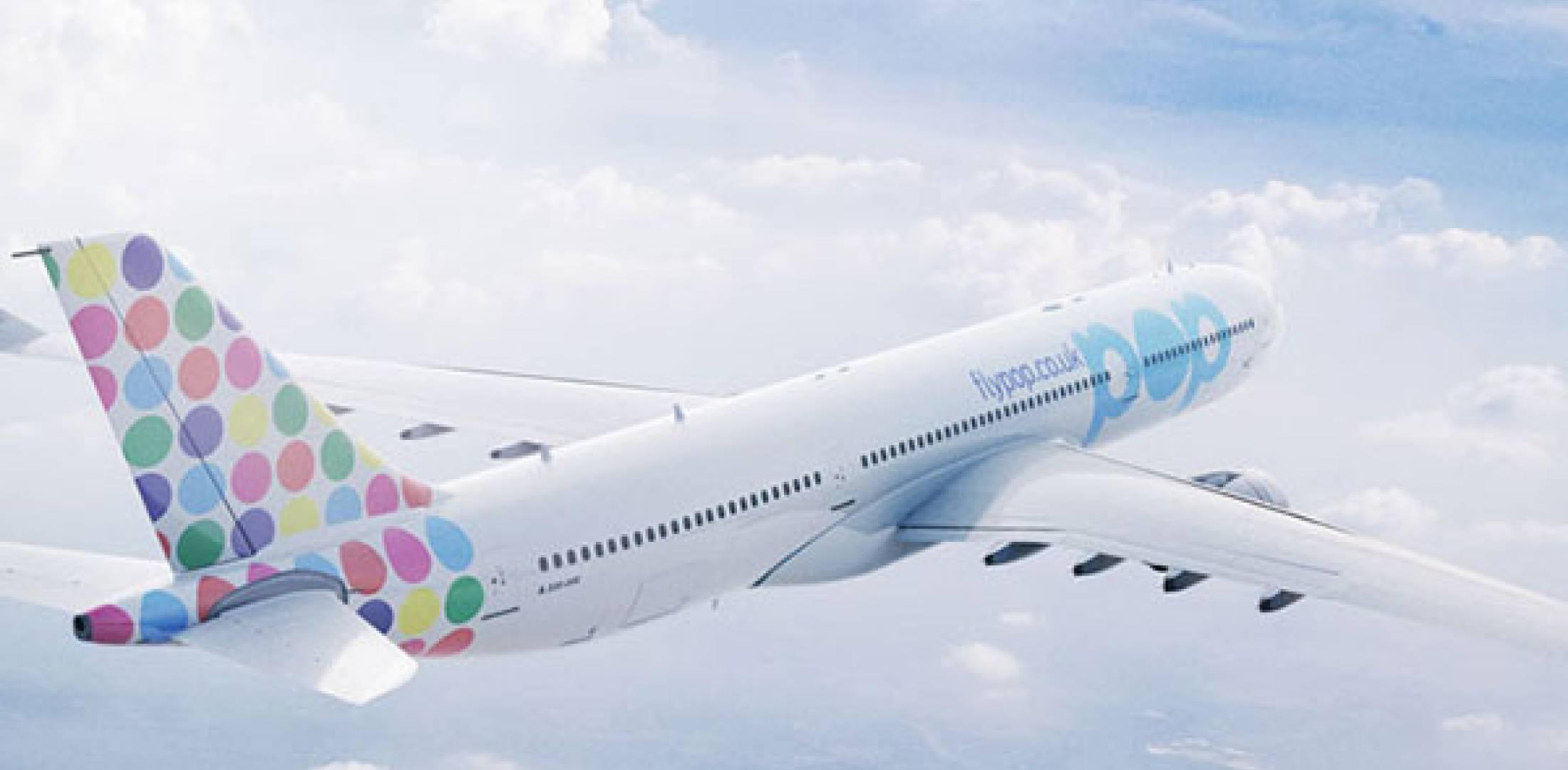
Most MROs are counting on the recovery of their regular customers to renew their own business volumes. But there is another, and potentially more favorable opportunity for new business on the horizon.
In a recent webinar, IBA said it has identified over 130 airlines that are scheduled to start up in 2021 or 2022.
These airlines will almost always begin operations with small scale and minimum maintenance facilities, in other words be ideal candidates for third-party maintenance providers. And it will be a while before they gain sufficient scale to do major MRO, like airframe checks, in house, even if they would like to.
Another plus: Frequently, IBA reports, the start-ups will operate aircraft that have either low acquisition costs or low monthly rental rates. That generally means older aircraft, usually in their prime years as candidates for maintenance services.
Most of the new airlines will focus on regional and short-haul markets. But interestingly, lost-cost long-haul remains a focus of some of the new carriers. Indeed, some will be stepping into the North Atlantic, after the exit of Norwegian Air Shuttle.
The largest number of new airlines, nearly 50, will fly narrowbodies, and the Airbus A320 family will be significantly favored over Boeing 737s.
But more than 20 new airlines expect to fly widebodies, with Airbus A330s and A350s dominating fleet plans. This may be a very favorable opportunity for widebody MRO in a slowly recovering international market.
Regional jets are the choice of more than 20 of the new carriers, with E-Jets dominating CRJs and ERJs in fleet plans.
Turboprops will be chosen by nearly 35 new airlines, with ATRs leading Dash-8s, but not by all that much.
Finally, there will be about a dozen freighter and business jet operators. Regionally, Europe and the CIS will lead the world in start-ups with nearly 40% of the total count. The Americas and Asia-Pacific will each account for less than a quarter of the new carriers.
IBA President Phil Seymour said some of the new carriers were planned before COVID, but have adjusted their business plans for the new opportunities and lower aircraft costs. He noted that all must be very cost-conscious and careful as the market recovers, which argues also for a lean, outsourced MRO approach.
Major MROs have already been alert to opportunities presented by start-up airlines or other operators.
For example, AFI KLM E&M subsidiary Barfield will provide flight-hour repair and pool support for Global Crossing’s A320s and A321s. Global will offer crewed A320-family aircraft to augment other airlines’ fleets.
It expects to launch with one 320 and one 321 and plans to operate ten Airbus narrowbodies in 18 months. Longer term, Global may acquire A330s. ST Engineering’s Aviation Asset Management unit is also involved.
It has signed a letter of intent to lease up to five A321 passenger-to-freighter aircraft to Global. As part of end-to-end asset management, ST Engineering will also provide MRO services to these aircraft for the period of the lease.





